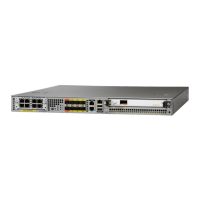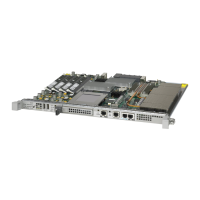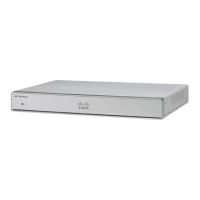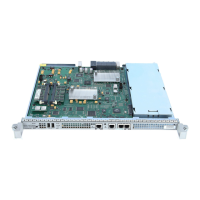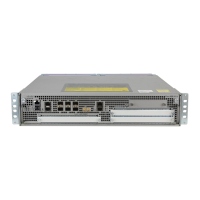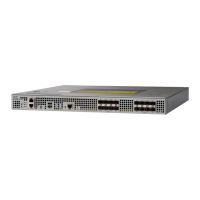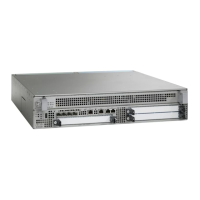14-8
Cisco 10000 Series Router Quality of Service Configuration Guide
OL-7433-09
Chapter 14 Simultaneous Policy Maps
Configuring Simultaneous Policy Maps
Configuration Example of Attaching a Policy to an Ethernet Interface
The following example configuration shows how to attach a simultaneous policy map to an Ethernet
interface. In this example, the policy named pppoe_output_policy is attached to the Gigabit Ethernet
subinterface 3/0/0.10 in the outbound direction.
interface GigabitEthernet3/0/0.10
protocol pppoe
service-policy output pppoe_output_policy
Attaching Simultaneous Policies to PPPoA Sessions Traversing an ATM VC
To attach simultaneous policies to PPPoA sessions traversing an ATM VC, perform the following
configuration tasks:
• Attaching a Policy to a PPPoA Session, page 14-8
• Attaching a Policy to an ATM VC with PPPoA Sessions, page 14-9
Attaching a Policy to a PPPoA Session
To attach a policy map to a PPPoA session, enter the following commands beginning in global
configuration mode:
Command Purpose
Step 1
Router(config)# interface type number
[point-to-point | multipoint]
Creates or modifies a subinterface. Enters subinterface
configuration mode.
type is the interface type (for example, GigabitEthernet).
number is the slot, module, port, subinterface number of the
interface (for example, 4/0/1.10).
point-to-point indicates that the subinterface connects directly
to one endpoint.
multipoint indicates that the subinterface connects to multiple
endpoints.
Step 2
Router(config-subif)# range pvc
start-vpi/end-vpi start-vci/end-vci
Defines a range of ATM permanent virtual circuits (PVCs).
(Optional) start-vpi/ is the beginning value for a range of virtual
path identifiers (VPIs). In the absence of the "/" and a VPI value,
the VPI value defaults to 0. Valid values are from 0 to 255.
(Optional) end-vpi is the end value for a range of virtual path
identifiers (VPIs). In the absence of an end-VPI value, the
end-VPI value defaults to the start-VPI value. Valid values are
from 0 to 255.
start-vci/ is the beginning value for a range of virtual channel
identifiers (VCIs). Valid values are from 32 to 65535. You must
specify the slash mark (/).
end-vci is the end value for a range of virtual channel identifiers
(VCIs). Valid values are from 32 to 65535.

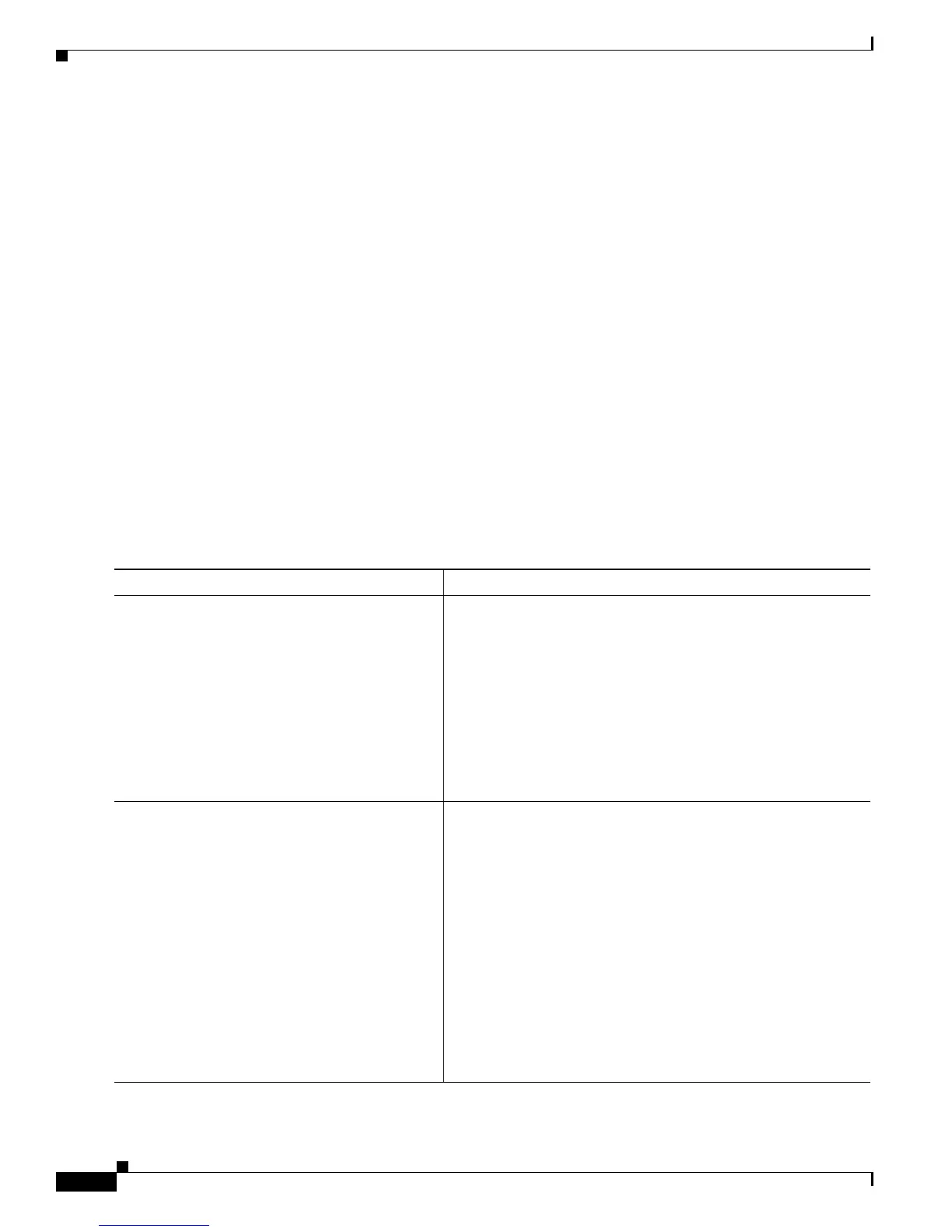